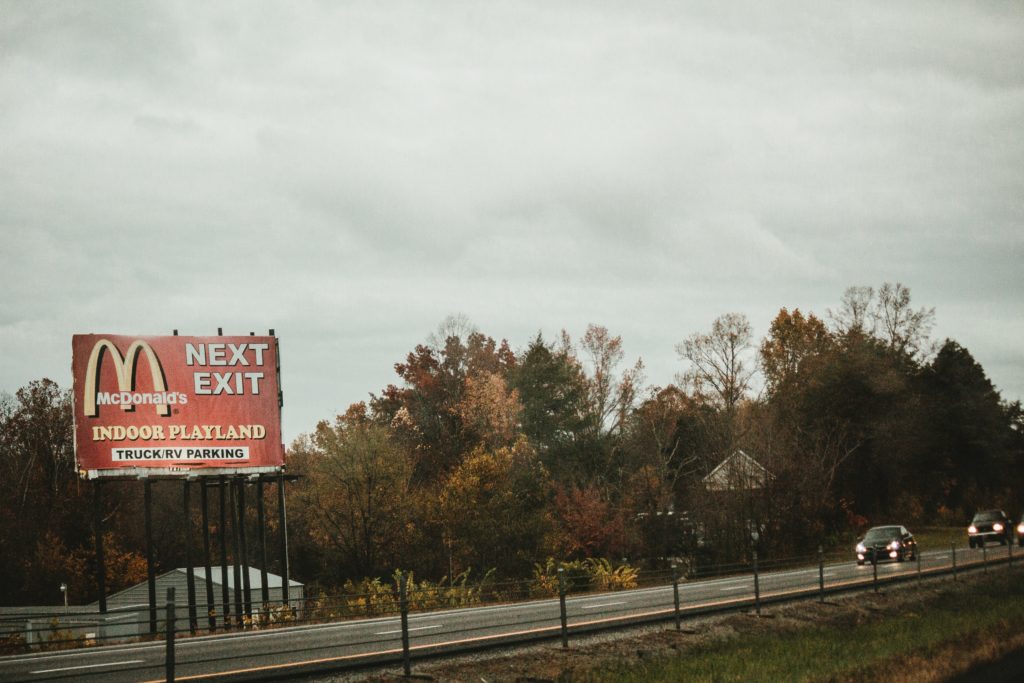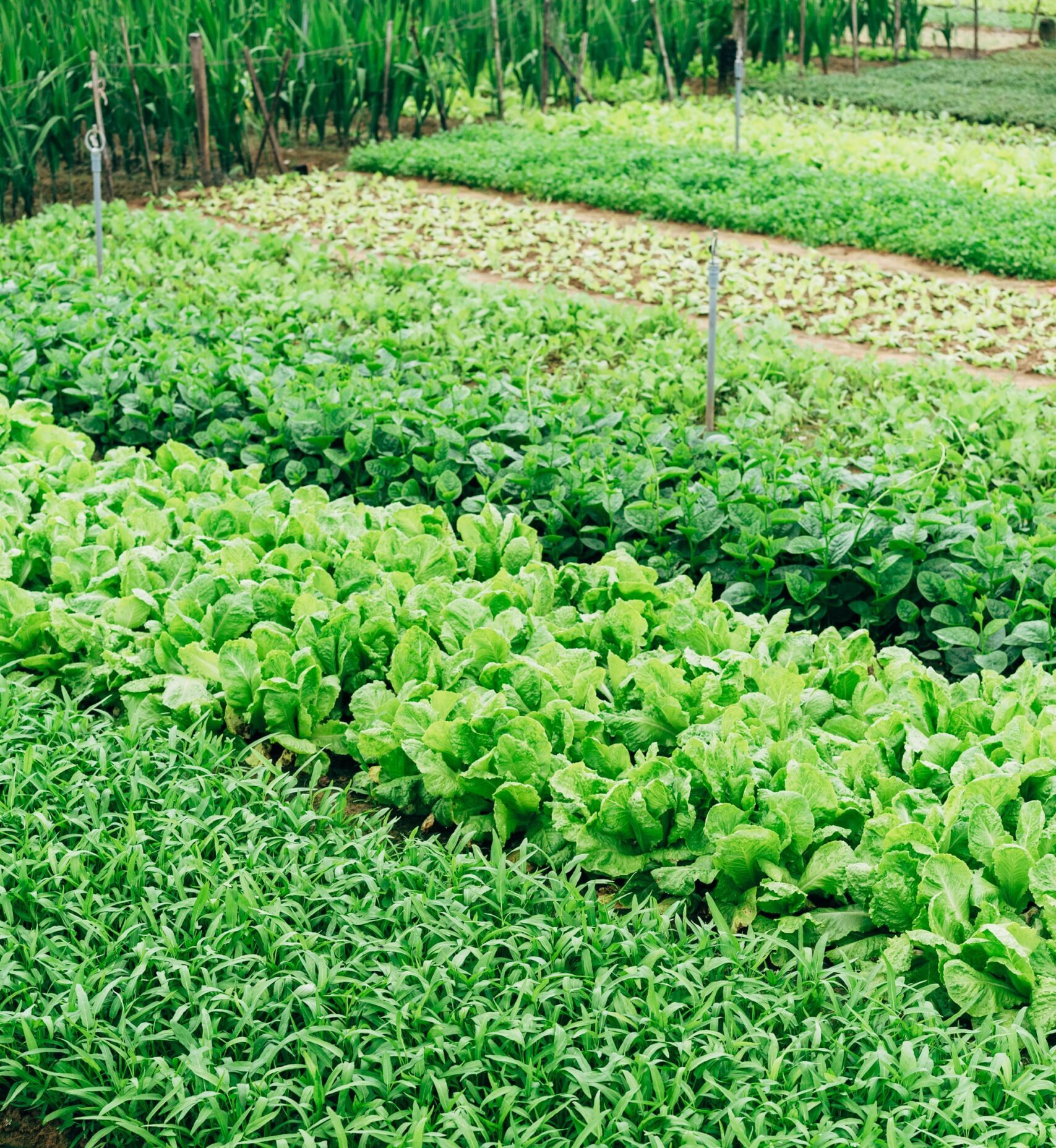Advertising is all around us. We’re bombarded with ads everywhere we turn; they’re on every app, website, magazine, movie, or tv show. They are on billboards and in our public transport; you see them whether you’re taking a plane or the metro. It’s impossible to get away. Every single one of these ads is designed in such a way to play on human psychology; they’re meant to capture your attention, play on your emotions, and draw you into believing that you have to make the purchase.
Now, the art of making a good advertisement can be beneficial. They’re part of why more sustainably-focused brands have gained popularity, and the general public is more educated about social and climate responsibility. However, we still see advertisements for steakhouses, gas-guzzling cars, plane trips, and more. With all of these products and services already well-established in our society, it’s hard to move away from them when advertisements are constantly shoved into people’s faces. So how are we supposed to encourage people to make more sustainable choices when advertising is so consumed by industries that are some of the biggest fossil fuel users?

A city in the Netherlands has come up with a solution. Haarlem, a city of 160,000 just west of Amsterdam, is introducing an advertisement ban in 2024 that will prevent industries deemed to impact the climate crisis from sharing ads in public spaces. Among the affected industries are air travel, gas-operated vehicles, and any fossil fuel-targeted advertisements for gasoline or other related advertisements. However, what is most shocking is that the ban is also being imposed on the meat industry. Although over half of all citizens in the Netherlands don’t eat meat daily, 95% of the population still consumes meat regularly. This push to ban meat advertisements from the green political party, GroenLinks, is genuinely innovative and exciting to see.
There has been obvious pushback from the affected businesses, who have actively protested the ban. The right-wing party, BVNL, has criticized the ban as an “unacceptable violation of entrepreneurial freedom.” However, the local government has not yet decided if sustainably processed meat will be included in the ban, so at the moment, this ban is primarily targeting huge factory farms rather than local farmers.
Haarlem is also not the first European city to introduce such a ban. Other cities in the Netherlands, including The Hauge, Leden, and Amsterdam, have made bans on fossil fuel-reliant industries. However, Haarlem is the first to categorize meat among the offending sectors. I am immensely curious to see how meat consumption will change in Haarlem once the ban is introduced over the next several years. Advertising has controlled how we interact with each other and the brands around us for decades (just look at the history of cigarette advertisements), and it has such a pull on levels of demand. This ban is an exciting decision that will begin to shift product demand towards more plant-based and sustainably sourced foods in Haarlem. But the real question is, do you think a ban of this scale is possible in economically-focused countries like the United States?
Get more like this—Sign up for our daily inspirational newsletter for exclusive content!
____
Photo: Sean Foster on Unsplash




